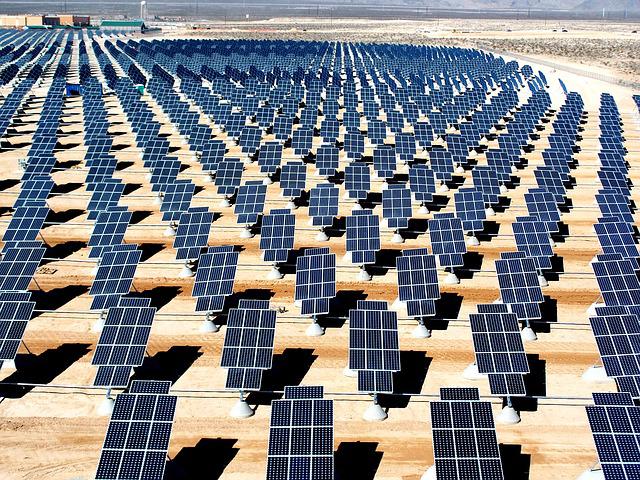Additional ELI Work
The bulk of work at the Electricity Law Initiative falls into three interrelated programs: State Power Project, Unlocking Distributed Energy Resources, and Catalyzing Transmission Development. Below is a collection of additional work.
- Comment on the Federal Trade Commission’s Inquiry on Its Merger Policy. Summarizes a recent academic article on utility mergers and argues that utility mergers can raise competitive issues relating to local and interstate power delivery infrastructure that FERC’s current merger review policies do not consider. (Apr. 2022)
- Comment on FERC’s Office of Public Participation. Explains that Congress designed an Office of Public Participation that is independent of the Commission, urges FERC to include monitoring of Regional Transmission Organizations (RTOs) in the Office’s portfolio, and suggests what RTO monitoring might entail (May 2021).
- A Clean Energy Agenda Runs Through FERC. Reviews how FERC is already influencing the clean energy transition and explains why FERC’s sweeping authority over the power sector’s interstate operations and planning make it an indispensable player in the Biden Administration’s clean energy agenda (Nov. 2020).
- Energy Emergencies vs. Manufactured Crises: The Limits of Federal Authority to Disrupt Power Markets. Argues that the electric power sector is not in crisis and that statutory emergency authority in the energy space is highly circumscribed and does not permit the Administration to bail out “fuel-secure” generators (Jun. 2019).
- Power Over the Twenty-First Century Electric Grid. Provides an overview of power sector regulation and offers a legal path forward for the regulation of energy sales by distributed energy resources (Mar. 2018).
- Comment to FERC about Commissioner McNamee’s Participation in Certain Matters. Argues that FERC Commission McNamee is disqualified from proceedings that relate to work he conducted while serving at the US Department of Energy (Dec. 2018).
- Response to FERC’s Notice of Inquiry into its Pipeline Certificate Policy Statement. Provides a history of the Natural Gas Act’s “public convenience and necessity” standard and argues that weighing costs associated with upstream and downstream GHG emissions fits well within the meaning of that phrase (Jul. 2018).
- Climate Implications of FERC Proceedings. Provides an overview of FERC’s oversight of interstate power markets, explains how market rules can affect the competitiveness of various fuels and technologies, and discusses legal strategies employed by opponents of new natural gas infrastructure in FERC permitting proceedings (Nov. 2017).

